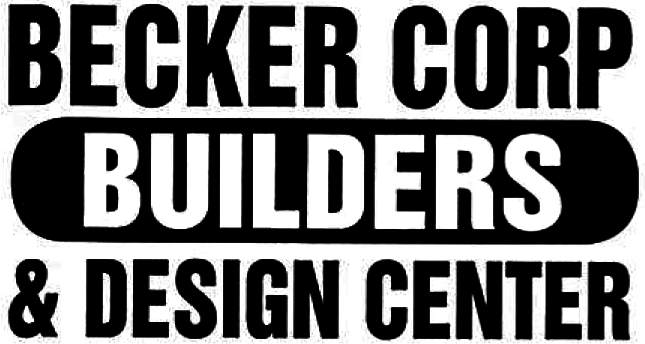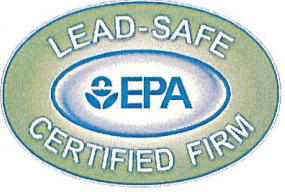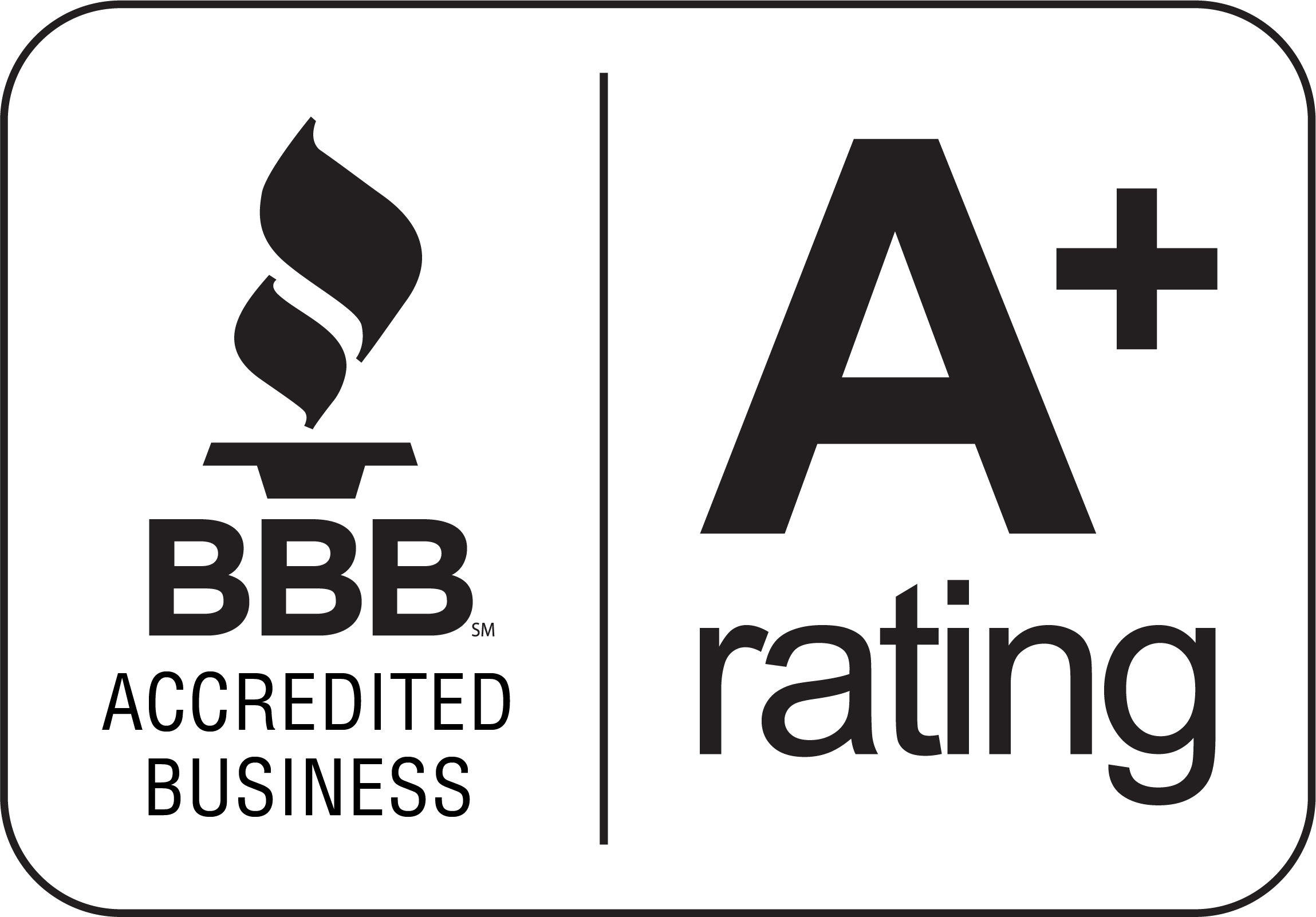HOW TO SELECT A CONTRACTOR
>> How To Select A Contractor <<
Selecting a Commercial Builder
Keys To Success
- Be an informed consumer (learn about the type of work you plan to complete).
- Make sure the contractor is licensed (Becker Corp Builders & Design Center is fully licensed in New York and New Jersey).
- Check with the Department of Consumer Protection to determine whether there have been confirmed problems with the contractor.
- Get references (talk to previous clients of the contractor); only use well-established, experienced, and legitimate contractors.
- Make sure you have a written agreement before beginning any home improvement project.
- Make sure the contract includes specific details (e.g., precise terms regarding materials to be used, finishing touches, etc.).
Contracts
What to know if you're interested in a home addition, bathroom renovation or a basement remodel
Before you sign a written agreement or select a home improvement contractor, consider the following factors.
License:
Make sure that the contractor is appropriately licensed (We’re fully licensed in New York and New Jersey).
Insurance:
It's important that a contractor has adequate liability, disability, and Workers’ Compensation insurance – licensing in Rockland County requires proper insurance. (Becker Corp Builders & Design Center is fully insured in New York and New Jersey).
References: Ask the contractor to provide a written list of three of their most recent home improvement jobs, including customer names and either a telephone number or address of the customers. Contact the customers and ask questions about the performance of the contractor. (We will provide you a list of previous customers upon request).
Written Contracts Should Generally Include:
- The name, address, license number, and federal employer identification number of the contractor.
- The approximate date when the work will begin and the date certain on which the construction will be completed.
- Detailed description of all of the work to be done, the materials and equipment to be used, etc.
- Specification of whether any additional/related work needs to be performed in order to comply with laws, ordinances, building codes, etc.
- Payment schedule, specified in dollars and cents. The schedule of payments must be specifically tied to the amount of work to be performed and to the materials and equipment to be supplied by the contractor. It's advisable to schedule your payments so that the final payment is due 30 days or more after the work is completed. This way, you have time to assess whether there are problems with the work.
- If the contract provides for a down payment, such down payment must not exceed $1,000.00 or 15% of the contract price (not including finance charges), whichever is less.
- A minimum one-year warranty guaranteeing the quality of workmanship.
- A provision that the contractor obtains any necessary permits and provide to the owner a certificate of occupancy, if required.
- A provision regarding notice of cancellation by the homeowner.
Notes
Make sure that no additional work is performed without prior written authorization of the person who hires the home improvement contractor. Generally, any such authorization must be on a contract change-order form, which shows the terms and reasons for the changes. Both parties must agree, in writing, to the change order.
Back To Contact
Follow Us
Becker Corp Builders & Design Center
79 Orange Avenue, Suffern, NY 10901
(845) 419-1219
(845) 419-1219
Services include:
Proudly Serving Bergen County, NJ; Passaic County, NJ; Rockland County, NY; Warwick, NY; and the surrounding areas.






